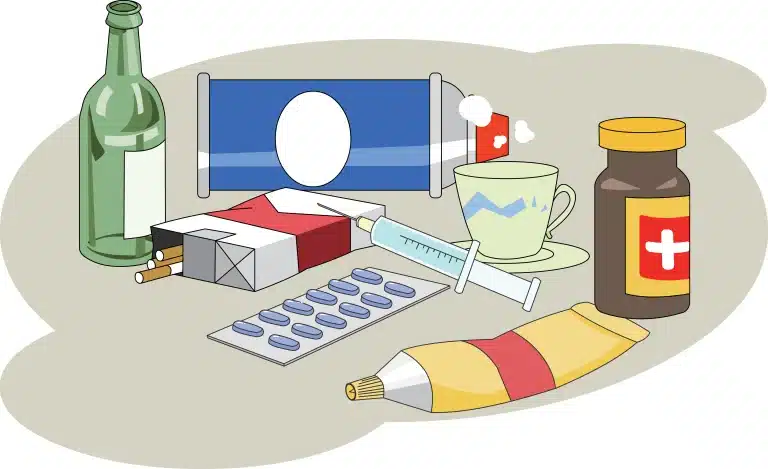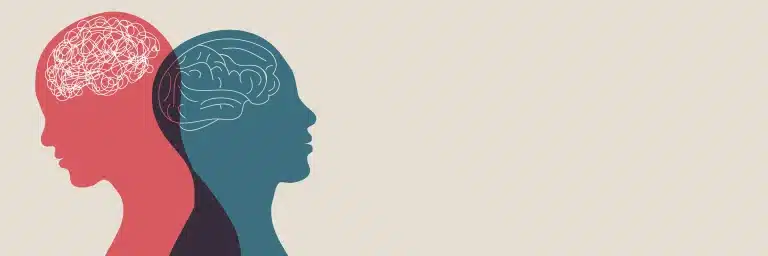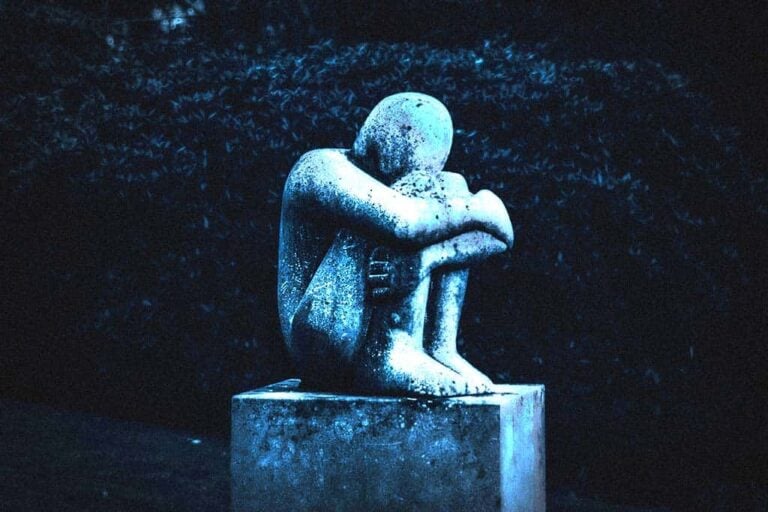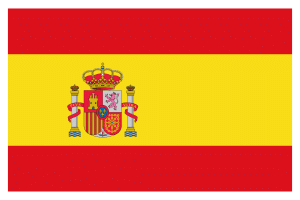Porn addiction is a serious issue that can have severe consequences on an individual’s well-being. It is important to understand that this addiction is characterized by a reliance on pornography that disrupts daily life and relationships. Risky behaviors, such as viewing porn during work hours, may be indicators of this addiction. Seeking professional help is often necessary to address and overcome the challenges associated with porn addiction. Porn addiction is a grave matter with significant ramifications for an individual’s overall health. It is crucial to recognize that this addiction revolves around a dependence on pornography that disrupts both daily life…
What to Know About Porn Addiction
Porn addiction is characterized by an emotional reliance on pornography that significantly disrupts one’s daily life, relationships, and overall functioning. Individuals affected by this addiction may experience dissatisfaction with their own sex life and may even engage in risky behaviors, such as viewing porn during work hours. The compulsive consumption of pornography can have detrimental consequences on various aspects of a person’s life and may necessitate professional intervention to address and overcome these challenges.
What is Porn Addiction?
Porn addiction or compulsive sexual behavior disorder lacks a universally accepted definition, making it challenging to gauge its prevalence consistently. Different experts and organizations use varied criteria to diagnose and assess the condition. Adding to the complexity, studies often rely on self-reporting, influenced by social stigma or shame, leading to potential underreporting or overestimation of the issue. Additionally, shifting societal attitudes toward pornography can affect people’s openness to discussing their consumption habits or potential addiction.
The internet’s anonymity enables individuals to indulge in excessive porn consumption discreetly, further complicating the matter. Despite these difficulties, some studies have attempted to estimate the prevalence of problematic pornography use, yielding diverse results. According to a study by the National Institutes of Health (NIH), hypersexual disorder, encompassing porn addiction, excessive cyber/phone sex, or compulsive masturbation, may impact up to 6% of all adults in the United States. This rise in hypersexual behaviors is likely attributed to the significant increase in the availability of pornographic content on the internet.
It is crucial to acknowledge that not everyone who consumes pornography will develop an addiction, as many can do so without significant negative consequences. However, for some individuals, excessive and compulsive porn use can lead to personal, emotional, or relational challenges. For those concerned about their pornography consumption or potential addiction, seeking professional help from mental health experts or addiction specialists is advisable. They can offer appropriate guidance and personalized treatment plans.

Common Signs of Porn Addiction
Individuals with a porn addiction, also known as compulsive sexual behavior disorder or problematic pornography use, may experience a range of related porn addiction symptoms. It’s important to note that the presence of these symptoms does not automatically indicate an addiction, as occasional and moderate porn consumption is not uncommon. However, when these symptoms are persistent, problematic, and interfere with daily life, they may suggest the presence of a porn addiction. Here are some common symptoms associated with porn addiction:
- Compulsive Consumption: A person with a porn addiction may find it challenging to control their urge to watch pornography, often spending excessive amounts of time engaging in this behavior.
- Preoccupation with Pornography: They may constantly think about or fantasize about pornography even when they are not watching it, which can lead to decreased focus on other essential aspects of life.
- Neglecting Responsibilities: People with a porn addiction may neglect their responsibilities at work, school, or home due to excessive time spent consuming pornography.
- Failed Attempts to Cut Down: They may have unsuccessfully tried to cut down or quit using pornography, despite negative consequences on their relationships or well-being.
- Continued Use Despite Negative Consequences: Despite experiencing adverse effects on relationships, mental health, or physical health, they may continue to use porn.
- Withdrawal Symptoms: Some individuals with a porn addiction may experience irritability, restlessness, or mood swings when attempting to reduce or stop their porn consumption.
- Escalation of Content: Over time, they may seek out more explicit or extreme pornographic content to achieve the same level of satisfaction, leading to a desensitization to regular sexual stimuli.
- Social Isolation: A person with a porn addiction may withdraw from social activities or intimate relationships to spend more time engaging with pornography.
- Impact on Relationships: Porn addiction can negatively affect personal relationships, leading to decreased intimacy, emotional disconnection, and feelings of dissatisfaction with one’s partner and/or sex life.
- Loss of Interest in Other Activities: They may lose interest in hobbies, interests, or other activities that were once enjoyable, preferring to focus on pornography instead.
- Feelings of Guilt or Shame: After consuming porn, they may experience strong feelings of guilt, shame, or regret about their behavior.
- Risky Behavior: In extreme cases, individuals with a porn addiction may engage in risky behavior to view pornography, such as doing so at work.
It’s important to remember that each individual is different, and not all individuals with a porn consumption habit will develop an addiction. A diagnosis of porn addiction should be made by a qualified mental health professional based on a comprehensive assessment of the individual’s behaviors, emotions, and well-being.
If you or someone you know is struggling with porn consumption or related issues, seeking support from mental health experts, therapists, or support groups specialized in dealing with sexual behaviors can be beneficial in understanding and addressing these concerns.

The Impact of Porn Addiction On Relationships
The prevalence of porn addiction varies among genders, with men generally reporting higher rates of problematic pornography use compared to women. While it is essential to avoid generalizations, research suggests that men tend to consume pornography more frequently and are more likely to develop addictive patterns related to its use.
The influence of pornography on individuals can have significant variations, with some viewers experiencing adverse effects. Research from the Kinsey Institute revealed that approximately 9 percent of porn viewers reported unsuccessful attempts to curb their consumption, indicating potential addictive tendencies. Consequently, porn addiction can take a significant toll on romantic relationships. In certain instances, men who struggle with porn addiction may find it challenging to establish and maintain healthy relationships with real partners. The constant novelty and variety offered by pornography can create a sense of dissatisfaction with real sexual experiences, making it difficult for some individuals to fully engage and connect with their partners.
Studies conducted by Destin Stewart, PhD, and Dawn Szymanski, PhD, at the University of Tennessee, Knoxville, found that women who perceived their partners’ porn use as problematic reported lower self-esteem, diminished relationship quality, and reduced sexual satisfaction (Sex Roles, 2012). Additionally, a joint study by Brigham Young University and the University of Missouri found that men’s porn use was associated with lower sexual quality for both men and their partners (Journal of Sex Research, 2013). Similarly, research by Bridges and Patricia Morokoff, PhD, discovered that men using porn reported lower levels of sexual intimacy in their real-life relationships (Personal Relationships, 2011).
Quality relationships and close social connections are associated with decreased mortality risk for all causes, according to research by Julianne Holt-Lunstad, PhD, Theodore Robles, PhD, and David A. Sbarra, PhD (American Psychologist, 2017). However, some studies suggest a close correlation between habitual pornography use and increased feelings of depression and loneliness (Journal of Sex and Martial Therapy, 2017). This indicates a potential connection between pornography use and feelings of loneliness, leading to a vicious cycle and addictive pattern. Users may find themselves trapped in this cycle, with both loneliness and pornography use reinforcing each other. This perpetuates a void where real connection and meaningful relationships become elusive, as the focus remains on the virtual and superficial aspects of pornography rather than genuine human connection. As a result, users may struggle to establish meaningful relationships, leading to a sense of loss and disconnection from real-life connections and emotional fulfillment.
While porn addiction’s prevalence can be higher among men, it is important to recognize that individuals’ responses to pornography vary greatly. Many men can differentiate between fantasy and reality, and their consumption of explicit content does not adversely alter their relationships. However, research suggests that compulsively consuming explicit content can potentially damage some men’s views of women by promoting unrealistic expectations, objectification, and difficulties in forming healthy relationships. For those who find that their porn consumption has become a compulsive and harmful behavior, seeking professional support is crucial for regaining a balanced lifestyle and a higher quality of life.
Is Porn Addiction an Addiction? What The Research Says
Examining the nature of porn addiction and its classification as a legitimate addiction has become a subject of considerable contention within the realms of psychology and psychiatry. Both pornography addiction and sex addiction have yet to be formally recognized as mental health disorders in the Diagnostic and Statistical Manual of Mental Disorders (DSM) by the esteemed American Psychiatric Association (APA). The DSM-5 does include a definition and diagnosis of Hypersexual Disorder, which includes problematic, compulsive pornography use. However, it is crucial to emphasize that the lack of formal recognition of pornography addiction or compulsive sexual behavior disorder does not diminish the genuine impact that problematic pornography use can have on certain individuals.
Rather than dismissing the issue entirely, experts acknowledge that excessive porn consumption appears to share some characteristics with an obsession, potentially linked to obsessive-compulsive disorder (OCD), rather than fitting the conventional addiction model. This perspective is substantiated by neurological studies that have delved into the brain mechanisms associated with porn consumption, revealing intriguing parallels with the compulsive aspects observed in OCD. It is believed that individuals may turn to watching porn as a temporary escape from distressing thoughts, leading to a repetitive cycle where they seek solace through continued porn consumption.
A study utilizing voxel-based morphometry (VBM) to investigate anatomical alterations in the brain found that individuals with sexual compulsion disorders exhibit similar physical and chemical changes in the reward centers as those observed in methamphetamine and cocaine addicts (Surgical Neurological International, 2011). The brain’s mesolimbic regions, which are associated with reward processing, are also implicated in gambling and eating addictions. This suggests that there might be common neural mechanisms at play in different types of addiction, including substance abuse and behavioral addictions.
Despite ongoing research and evolving understandings, the concerns surrounding porn addiction merit attention and proactive measures. It is essential to recognize that problematic porn use can disrupt one’s life, relationships, and overall mental well-being. If one finds themselves struggling to control their porn consumption or experiencing negative consequences from it, seeking professional support becomes imperative.
By reaching out to qualified mental health professionals or therapists, individuals can gain valuable insights into their behaviors and triggers, learn healthier coping mechanisms, and develop strategies for managing their impulses. Additionally, building a support system of understanding friends, family, or support groups can be instrumental in the recovery journey.
Encouragingly, awareness about the potential effects of excessive porn use is growing, and more resources and treatment options are becoming available. Promoting overall well-being involves acknowledging and addressing problematic porn consumption with empathy, compassion, and a commitment to helping individuals regain control over their behaviors and lead healthier, more fulfilling lives.
Causes of Pornography Addiction
Experts and advocates who advocate for the existence of pornography addiction argue that, like other addictions, this is a multifaceted issue influenced by a variety of factors. Among the potential causes identified are underlying mental health conditions, as some individuals may turn to pornography as a means of escaping psychological distress. Relationship problems can also play a role, with pornography becoming an outlet for addressing sexual dissatisfaction or other relational challenges.
Additionally, unhealthy cultural norms surrounding sex, such as unrealistic expectations of appearance and behavior, or societal pressure on the types of sex that one should enjoy, may drive certain individuals towards pornography. This cultural backdrop can exacerbate vulnerability to developing addictive behaviors. Biological factors are additionally not to be overlooked, as certain neurobiological mechanisms may come into play when a person views porn, potentially altering brain chemistry and increasing the risk of addiction.
Overall, while the precise causes of pornography addiction remain elusive, it is evident that a combination of psychological, relational, cultural, and biological factors may contribute to its development. Advancing our understanding of these causes is crucial in developing effective interventions and support for individuals who grapple with problematic pornography use.

Porn Addiction Recovery: Treatment and Therapy
Porn addiction recovery involves a comprehensive approach that addresses the physical, psychological, and behavioral aspects of the addiction. Seeking professional help is often crucial for successful recovery, as specialized treatment and therapy can provide individuals with the necessary tools and support to overcome the challenges associated with porn addiction.
Therapy and Counseling: Individual therapy or counseling sessions with a qualified mental health professional are essential components of porn addiction recovery. Therapists can help individuals explore the underlying causes and triggers of their addiction, identify patterns of behavior, and develop coping strategies to manage urges and cravings. Cognitive-behavioral therapy (CBT) is a common approach used to modify unhealthy thought patterns and behaviors related to porn consumption.
Group Therapy: Participating in group therapy or support groups can be highly beneficial for individuals recovering from porn addiction. These group settings provide a safe space for sharing experiences, challenges, and successes with others who are facing similar struggles. The camaraderie and shared accountability in group therapy can foster motivation and a sense of belonging, essential elements in the recovery process.
Education and Awareness: Building awareness about the harmful effects of porn addiction is crucial for recovery. Therapists and treatment programs often provide education on the psychological, social, and neurological impacts of excessive porn use, empowering individuals to make informed decisions and change their behaviors.
Relapse Prevention: Developing a robust relapse prevention plan is vital to maintaining progress in porn addiction recovery. Therapists work with individuals to identify potential triggers and high-risk situations, teaching effective coping strategies to navigate such challenges. By recognizing warning signs early on, individuals can implement strategies to avoid relapse and stay on track with their recovery goals.
Addressing Co-occurring Conditions: Many individuals struggling with porn addiction may also have co-occurring mental health issues, such as anxiety, depression, or trauma. Treating these underlying conditions is essential for comprehensive recovery. Dual diagnosis treatment, which addresses both addiction and co-occurring disorders simultaneously, can lead to more effective outcomes.
Lifestyle Changes: Adopting healthy lifestyle changes can complement the recovery process. Engaging in regular exercise, practicing mindfulness and meditation, maintaining a balanced diet, and fostering healthy relationships can improve overall well-being and support recovery efforts.
Accountability Software: For those who need additional support, accountability software or apps can be installed on devices to monitor and limit internet usage. This technology can act as a safety net, helping individuals avoid triggers and temptations during the early stages of recovery.
Relationship Counseling: Involving a partner or spouse in the recovery process can be immensely valuable, particularly when porn addiction has had a significant impact on the relationship. Relationship counseling can help both partners address trust issues, improve communication, and rebuild intimacy. Working together with a therapist, couples can develop strategies to navigate the challenges posed by porn addiction, fostering a stronger, more supportive bond in the process. By fostering understanding and empathy, relationship counseling can contribute to the healing of both individuals and the relationship itself.
Remember that recovery from porn addiction is a gradual process, and setbacks may occur. It’s essential to be patient and compassionate with oneself throughout the journey to overcoming this challenge. With the support of professional guidance, peer support, and personal dedication, individuals can regain control over their lives and cultivate healthier behaviors for long-term well-being.
If you or someone you know is struggling with porn addiction and seeking effective treatment, consider exploring the resources offered by Costa Rica Treatment Center. Our specialized programs and compassionate approach can provide the help and support needed to embark on the path to porn addiction recovery. To learn more, contact us for a free consultation or explore our client testimonials.
